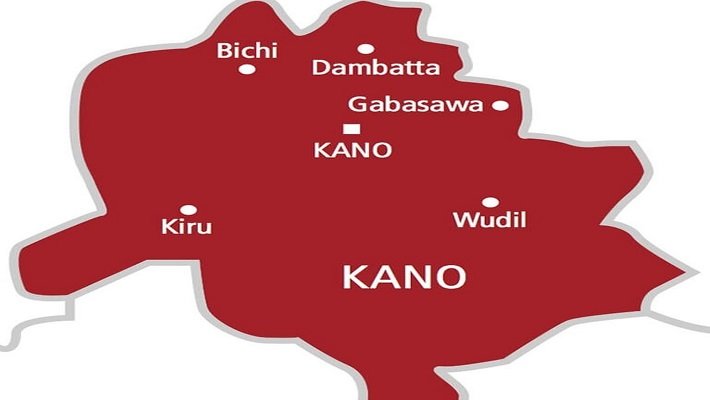The Kano State government has issued a final notice to property owners in Kwankwasiyya and Amana mega cities, directing them to complete and occupy their houses before December 31, 2025, or risk forfeiture.
Ibrahim Adamu, Commissioner for Housing Development, announced this on Thursday during a press briefing in Kano.
He said the decision followed the expiration of earlier deadlines and the government’s resolve to restore order and fast-track the full development of the estates.
According to him, despite full allocations, many beneficiaries had failed to complete or inhabit their houses, creating room for illegal occupation and criminal hideouts that undermine the purpose of the projects.
“The government has now approved an additional extension until December 3, 2025 for owners whose structures are between 50% and 95% completion.
“Those who have abandoned their properties without any visible development will have their offers revoked,” Adamu said.
Read also:
- Kano startups receive $50,000 in cloud support
- Kano Government to sponsor mass wedding for 2,000 couples under social welfare scheme
- Sen. Barau hails Tinubu for approving upgrade of Kano institution to a university
He added that such revoked properties would be completed by the government, with refunds issued to the original allottees, adding that, any structure erected in violation of approved building prototypes would also be demolished to maintain safety and aesthetic standards.
The commissioner futher emphasized that the measures were not punitive but aimed at ensuring the mega cities serve their purpose of providing modern, affordable, and secure housing for residents.
He also disclosed that the government has relocated official functions, including state council meetings, to the newly completed governor’s lodge in Kwankwasiyya to boost habitation, while work continues on roads, water, and power connections from the Tiga hydro -power project.
Adamu urged all affected owners to comply within the grace period, assuring that the government would ensure transparency and fairness in implementing the policy.






